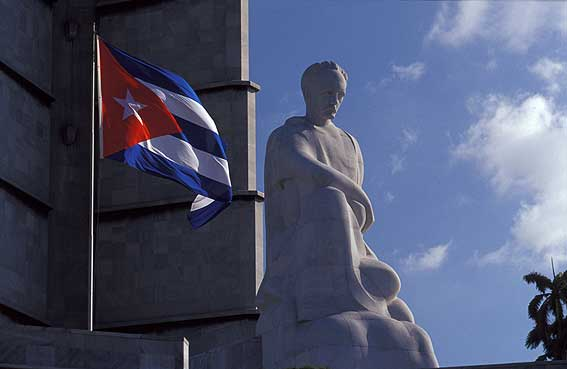
Havana, May 21. - President Miguel Díaz-Canel described the attempt to celebrate May 20 as a national holiday, marking the birth (in 1902) of what Cuban historiography defines as a mediated republic, as a celebration of annexationists.
Through his profile on the social network X, the president stated that on that day the country that fought for 30 years against an empire only saw the interventionist flag falsely lowered.
The new empire (the United States) left a dagger stuck in Cuba's side: the Naval Base remains there against the will of the Cuban people, he noted.
Foreign Minister Bruno Rodríguez also denounced in X that "To erase history, anti-Cubans in the #US seek to redefine May 20th. The date that marks the birth of a republic mutilated by the Platt Amendment.
The vindication of our Mambises came in 1959, after much good blood forged the path to true independence," the Cuban foreign minister wrote in his message.
According to historians, on 20 May 1902, after three decades of bloody war against Spanish colonialism, the victory of the Mambisa troops was frustrated by the intervention of the United States in the war (1898), and the establishment by that power of a mediatized republic.
Cuba went from being a colony of Spain to a neocolony of the United States, with the imposition of treaties aimed at formalizing ties of economic dependence and political subordination to the neighboring country to the north.
These treaties assured the United States control of the Cuban market while They consolidated the mono-product structure of the economy; they also granted it the right to intervene in the island's internal affairs; and the establishment of naval bases in this Caribbean nation.
For Cuban philosopher, educator, and essayist Fernando Martínez Heredia (1939-2017), the socialist revolution of national liberation that triumphed in 1959, embracing revolutionary nationalism and radicalism in matters of social justice, sustained and profoundly changed the people and the country. (PL) (Photo: Taken from the Internet)